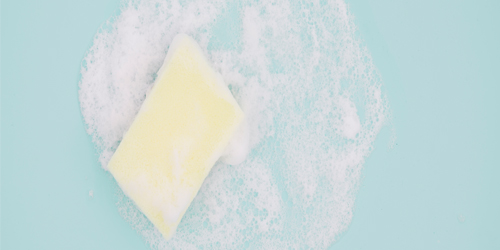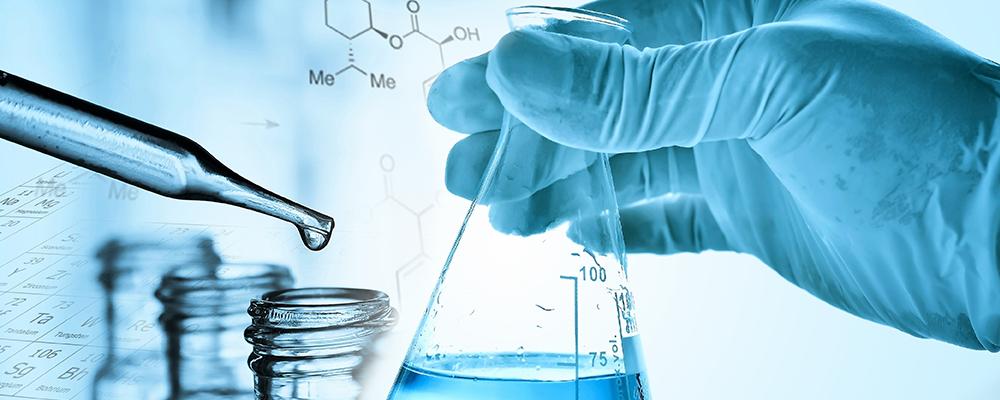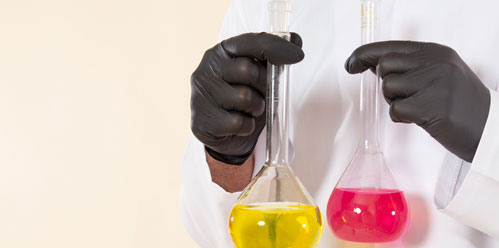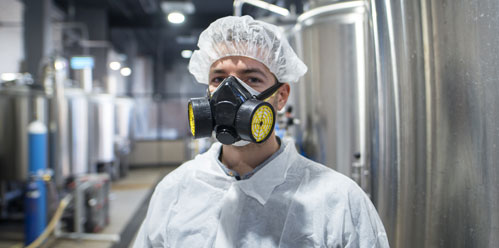How Soap Removes Dirt
Soap is an effective solution in the process of cleaning dirt, and this is achieved with the special structure of its molecules. Soap molecules consist of a polar head that likes water (hydrophilic) and a non-polar tail that dislikes water (hydrophobic), and thus can effectively clean dirt.
When soap mixes with water, it forms a basic solution. This base helps in cleaning by softening the dirt. Since dirt is often made up of nonpolar substances like oils, water alone may not be sufficient to clean the dirt. This is where soap comes into play.
When soap dissolves in water, water molecules attract the polar head of the soap, while the nonpolar end of the soap surrounds the oils and dirt on clothes. Thus, soap traps the oil and dirt in small droplets within the solution. These droplets are then rinsed away during the washing process, removing the dirty solution.
However, in hard water (e.g., water containing Mg²⁺ and Ca²⁺ ions), soap's cleaning capacity may decrease. These ions can reduce the effectiveness of the soap and make the cleaning process more difficult. In soft water, soap provides a more effective clean.
Soap acts as an effective bridge between water and dirt, trapping the oils and dirt in the solution and cleaning them through rinsing. While its effectiveness is reduced in hard water, it gives the best results in soft water.
What Is a Polar Molecule?
Polar molecules are those in which positive and negative charges are not evenly distributed. These molecules have structures in which electrical charges are asymmetrically distributed, creating a dipole moment. This property makes polar molecules suitable for interacting easily with other polar substances like water.
What Is a Nonpolar Molecule?
Nonpolar molecules are those in which charges are evenly distributed and show no polarization. Substances like oil are nonpolar, which is why they do not mix with water. However, they can interact with nonpolar substances like soap.
How Do Detergents Clean Dirt?
The cleaning principle of detergents is similar to soap. However, detergents stand out with some advantages, particularly their ability to clean effectively in hard water.
Detergents Do Not Form Precipitate in Hard Water
Unlike soap, detergents do not react with calcium (Ca²⁺) and magnesium (Mg²⁺) ions in hard water to form a precipitate. This allows them to provide effective cleaning even in hard water. While soap loses its cleaning power in hard water, detergents do not have this issue.
Foam Control Additives
Foam control additives are added to detergents to regulate the amount of foam. This prevents excessive foam formation and optimizes the cleaning capacity of the detergent.
Cleans Better in Hot Water
Both detergent and soap provide more effective cleaning with hot water. Hot water softens dirt and oils better, speeding up the cleaning process.












